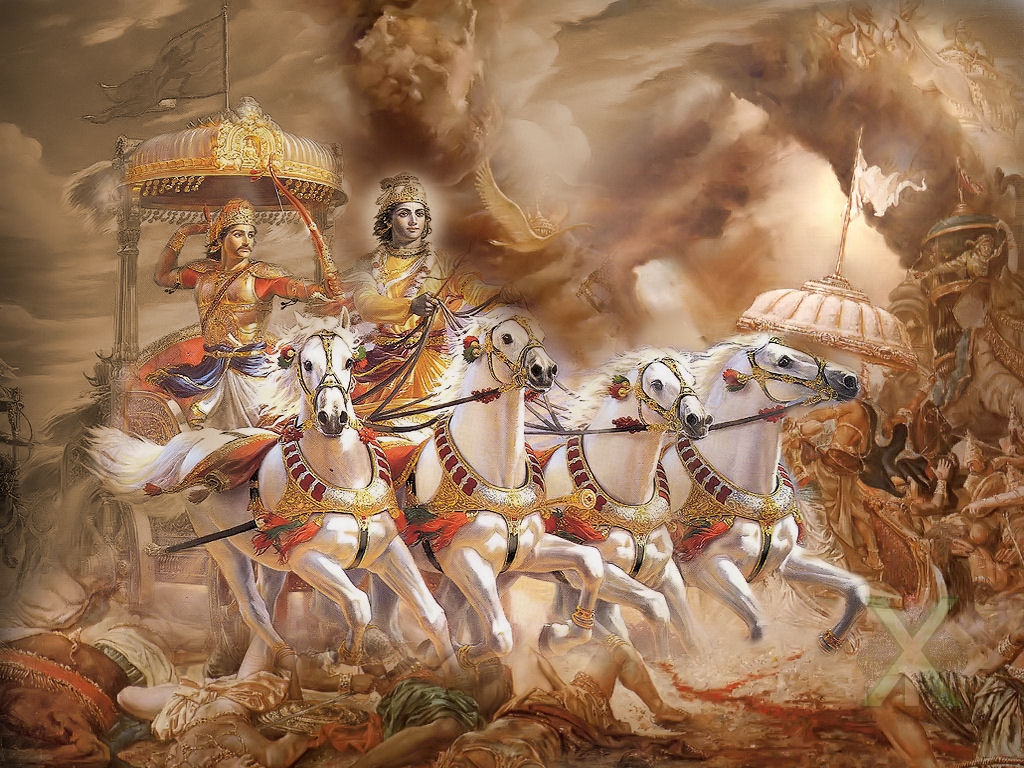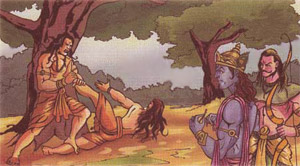The term ‘liberalism’ is used to refer to a very broad spectrum of political philosophies that prize individual liberty and equality of opportunity above everything else. Among individual rights, freedom of thought and right to free speech are foremost among liberalist thinkers. Another characteristic of liberalism is limitation on the State and the recognition of certain basic, inalienable individual rights. Liberalist thinkers are generally one on the utmost significance of rule of law. They are only supportive of limited, necessary power to the State in order to enable the State to effectively maintain law and order and ensure that nobody’s rights are trampled upon.
On account of the broad sweep of the meanings that have come to be assigned to ‘liberalism’ liberalists are often at issue among themselves. There are several kinds of liberalism and often the advocates of one kind tend to value their kind the most and tend to downplay the significance of the other kinds. Among the most important categories of liberalism are political liberalism, cultural liberalism, economic liberalism and social liberalism.
Political liberalism supports liberal democracy and prefers constitutional governance with rule of law as its guiding principle. It stands on the side of individual liberty and allows only limited governance. Liberalist thinkers are opposed to the concentration of power in the hands of the State and demand that every government action that adversely affects the position of any individual is supported by law duly enacted with popular consent backing it. Liberalists, therefore, lean towards individualistic conception of State, government and governance.
Cultural liberalism calls for individual freedom to practice and profess religion of one’s choice, to live the life one wants to and associate peaceably with people of one’s choice. Liberalists prohibit the government from interfering with the lives of the citizens unless absolutely necessary and only in the interest of the freedom and security of other individuals. Therefore, liberalists are of the opinion that the State can only act on behalf of and for the citizens and does not have any interests separate from the interests of the citizens. This means that the State is not supposed to have an ideology of its own. It cannot seek to mould the lives of the citizens along any ideological lines that it might feel compelled to support and promote. Liberalism in that sense is against any form of collectivism. Clamping limitations on the exercise of power, J.S. Mills famously said in the much acclaimed and celebrated work, On Liberty :
 The sole end for which mankind are warranted, individually or collectively, in interfering with the liberty of action of any of their number, is self-protection. That the only purpose for which power can be rightfully exercised over any member of a civilized community, against his will, is to prevent harm to others. His own good, either physical or moral, is not a sufficient warrant.
The sole end for which mankind are warranted, individually or collectively, in interfering with the liberty of action of any of their number, is self-protection. That the only purpose for which power can be rightfully exercised over any member of a civilized community, against his will, is to prevent harm to others. His own good, either physical or moral, is not a sufficient warrant.
Here Mill very clearly lays down that man is the best judge of his own good and State cannot claim to know what is good for him better. This strikes at the very root of collectivism because it recognizes only ‘individual good’ as known to the individual and trashes the concept of ‘greater common good’ as known to the collective. Mill believes that it is only through individual liberty that each individual can be the best he or she could possibly be. In On Liberty he writes:
Individuality is the same thing with development, and.it is only the cultivation of individuality which produces, or can produce, well-developed human beings.what more can be said of any condition of human affairs, than that it brings human beings themselves nearer to the best thing they can be? or what worse can be said of any obstruction to good, than that it prevents this?
Cultural liberalism also stands against government regulation of individual way of life and lifestyle preferences. Laws interfering with free expression in art and literature are frowned upon. Liberalism favours individual’s right to live with absolute freedom subject only to others’ freedoms. It is, thus, an amoral philosophy taking no moralistic stands. It does take upon itself to decide what is ‘good’ or ‘right’, which is why it is intolerant of government’s enacting laws on moral or religious grounds to regulate prostitution, alcohol, sex, abortion etc.
Economic liberalism strongly favours individual enterprise and minimal government interference. Liberalists argue that without the right to property and freedom to contract, other liberties are practically impossible. Economic liberalism holds that the value of the goods must be allowed to be determined by the market and through free choice exercised by the individuals. It is alive to the fact that in a free market economic inequality would rise breeding and promoting unequal bargaining positions. Economic liberalists see it as a natural outcome of free competition.
Some of the liberalist thinkers argue that the freedom to obtain and employ private property to individual ends is not simply an aspect of individual liberty but is also the only effective means to protect liberty. They argue that through the operation of free market economy the dispersion of power takes place which is the only effective bar against State encroachment of individual liberty. F.A. Hayek argues, “There can be no freedom of press if the instruments of printing are under government control, no freedom of assembly if the needed rooms are so controlled, no freedom of movement if the means of transport are a government monopoly.”
However, not all liberalists share the conception of such an intimate association between private property and individual liberty. Many of the later liberalist thinkers do not see private property as an effective bulwark against State encroachment. This happened primarily because the State gradually turned into the protector of personal liberty rather than simply being the instrument of oppression in the hands of the dominant class. D.G. Ritchie notes:
Be it observed that arguments used against ‘government’ action, where the government is entirely or mainly in the hands of a ruling class or caste, exercising wisely or unwisely a paternal or grandmotherly authority – such arguments lose their force just in proportion as the government becomes more and more genuinely the government of the people by the people themselves .
Besides, there has been a gradual loss of faith in the goodness of a free market economy vis-à-vis individual liberty. And this was predicted quite early by J.S. Mill himself when he consistently maintained in Principles of Political Economy that whether or not personal liberty could flourish without private property was an open question. The view found a reassertion at the hands of Rawls almost a century later.
Originally published as part of Thinkers and Theory series in Lawyers Update in March 2010.





